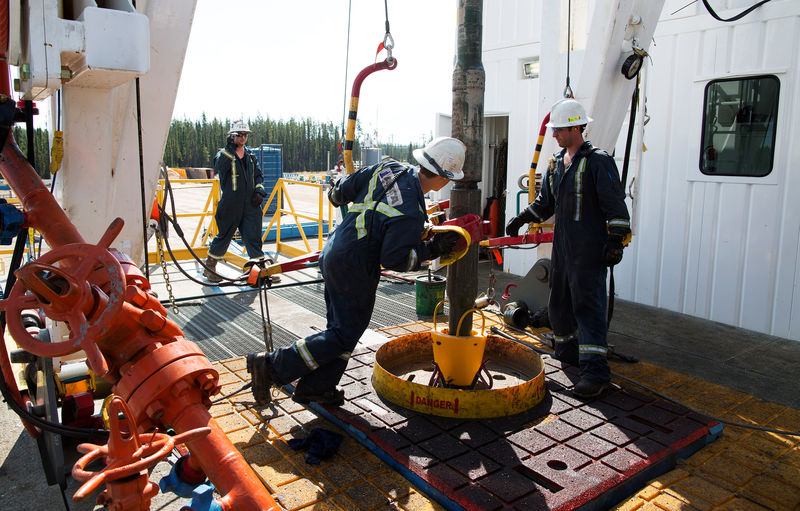Quiver Quantitative - Petroleos Mexicanos (PEMEX), Mexico's state-run oil giant, has been at the center of a bond market drama that has left many investors divided. Octavio Romero, the CEO of Pemex, recently criticized Moody's (NYSE:MCO) Investors Service for downgrading the company's credit rating deeper into junk territory, questioning the government's commitment to prevent Pemex from defaulting. Despite the downgrade and the skepticism from some market analysts, a group of staunch Pemex bond bulls has been reaping significant returns, buoyed by the implicit government support they believe shields the company from default.
These bond bulls, including some from prominent firms like Goldman Sachs and T. Rowe, have been drawn to Pemex's high-yield bonds due to the substantial yield spread over the Mexican government's bonds. The company's bonds have offered a steady income stream, especially in a global bond market roiled by Federal Reserve rate hikes. Over the past five years, Pemex bond investors have enjoyed an 18% return, far outpacing the average in the emerging-market bond sector.
Market Overview: -Pemex bonds are outperforming the broader emerging-market debt sector despite Moody's recent downgrade. -Investors place faith in the Mexican government's unwavering support of Pemex, given its historical and national importance. -This support has manifested in tax breaks, direct capital injections, and lower profit-sharing duties for the company.
Key Points: -Pemex CEO, Octavio Romero, denounced Moody's downgrade, emphasizing that the government fully backs the company. -Investors like Neuberger Berman's Jennifer Gorgoll see Pemex as intertwined with Mexico's national identity, making a default inconceivable. -Moody's, however, highlights the rising cost of bailouts and the unsustainable nature of -Pemex's reliance on government support.
Looking Ahead: -Short-dated Pemex bonds are seen as particularly attractive, as investors expect support to continue through the 2024 presidential election. -Analysts are watching for further support measures from the government, including additional cash injections or tax reductions. -Pemex's long-term financial health remains a concern, especially its ability to reduce debt and revitalize production.
However, Moody's recent downgrade highlights the inherent risks in Pemex's financial situation. The company's debt hovers around $106 billion, weighed down by aging infrastructure and stagnant oil output. Moody's warned that without government support, Pemex could edge toward default, potentially through debt exchanges or other transactions at a substantial discount to par. This warning underscores the precarious balance Pemex maintains, heavily reliant on government backing to sustain its financial health.
The debate over Pemex's viability as an investment reflects broader trends in the bond market, particularly in quasi-sovereign bonds across Latin America. Investors' faith in government support has been a key driver behind rallies in bonds from companies like Petroleos de Peru SA and Chile's Codelco. As Mexico heads into a presidential election year, the bond market will closely watch the government's stance on Pemex, which has been a source of national pride and an integral part of the country's economic fabric.
This article was originally published on Quiver Quantitative
